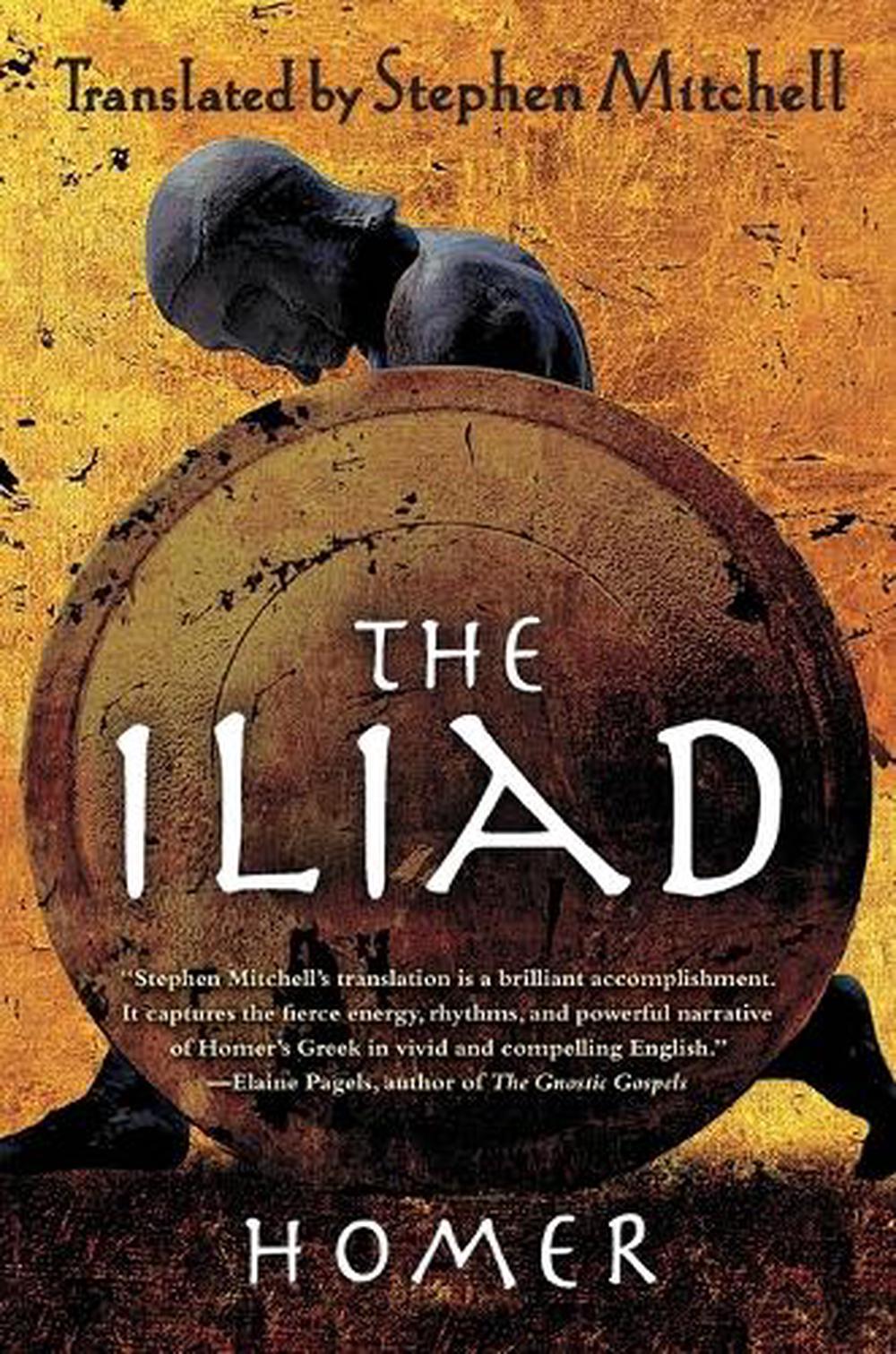
Although some have attempted to translate Homer is this manner, none of them are very successful. For whatever reason, six repetitions of DUM-da-da sounds kind of weird.

The problem is, dactylic hexameter sounds pretty clunky and abnormal in English. So six DUM-da-da’s and you’ve got one line of Homeric poetry. ‘Hexameter’ means that there are six dactyls in one line. The way the words come out when spoken aloud sounds like: DUM-da-da, DUM-da-da, DUM-da-da (that would be three ‘dactyls’). ‘Dactylic’ refers to the rhythm of the words.

In the case of both The Iliad, The Odyssey and nearly any other Greek epic, the poetic meter used throughout is called ‘dactyllic hexameter’. If you want to merely familiarize yourself with the underlying story, then prose would be better, but just know that you would be missing out on a lot of the structure and flow of the original. When translating into modern English then, the very first question is: Should we translate the Greek poetry into English poetry, and have a poem of The Iliad? Or should we translate the Greek poetry into regular English prose and have just have a story of The Iliad?Īgain, although this is somewhat a matter of preference, I would say that if you’re going to sit down and read it, it would be better for you to get one that translates into English poetry, rather than prose. It was written in what we now call Ancient Greek with a definite poetic meter.

To explain this last point, it’s easier to ask the major questions you’ll need to answer before settling on a translation. Each method depends on the purpose of what the translation will be used for. Not any one way can ever be considered ‘better’ than another.

So that what might be a good translation now will be unreadable in the future. The English we are speaking right now will sound hopelessly old-fashioned in two hundred years time. This means that a good translation might be proven to be inaccurate as our knowledge of the original language changes over time.


 0 kommentar(er)
0 kommentar(er)
